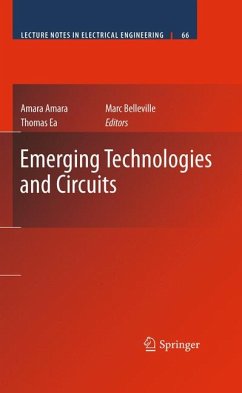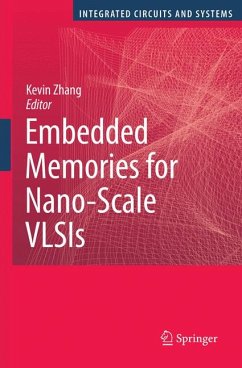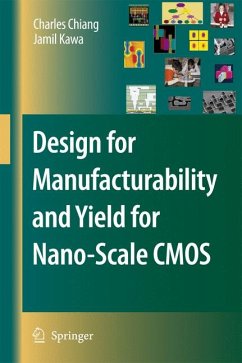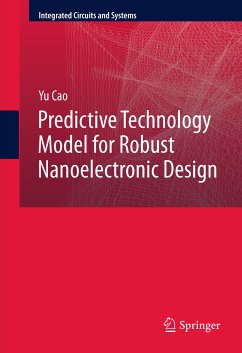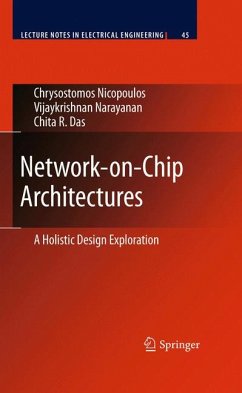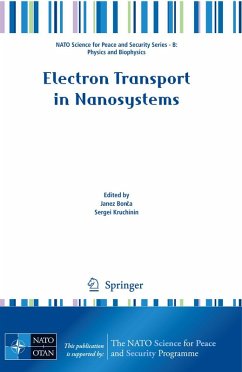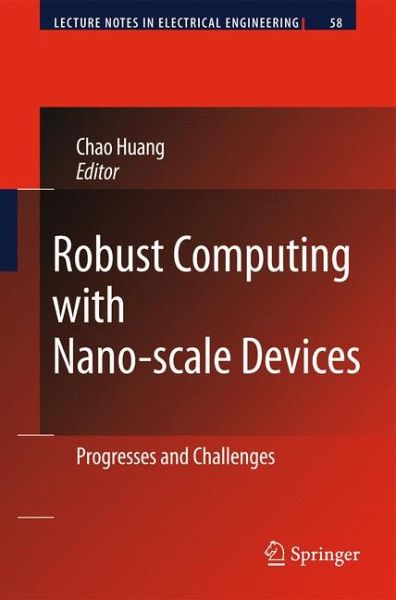
Robust Computing with Nano-scale Devices (eBook, PDF)
Progresses and Challenges
Redaktion: Huang, Chao

PAYBACK Punkte
36 °P sammeln!
Robust Nano-Computing focuses on various issues of robust nano-computing, defect-tolerance design for nano-technology at different design abstraction levels. It addresses both redundancy- and configuration-based methods as well as fault detecting techniques through the development of accurate computation models and tools. The contents present an insightful view of the ongoing researches on nano-electronic devices, circuits, architectures, and design methods, as well as provide promising directions for future research.
Dieser Download kann aus rechtlichen Gründen nur mit Rechnungsadresse in A, B, BG, CY, CZ, D, DK, EW, E, FIN, F, GR, HR, H, IRL, I, LT, L, LR, M, NL, PL, P, R, S, SLO, SK ausgeliefert werden.




